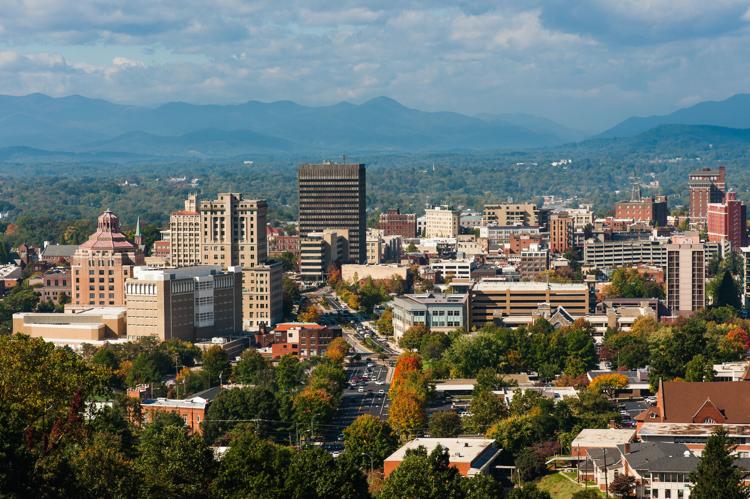Asheville City Council approves slavery reparations

Asheville, N.C., skyline
(The Center Square) – Asheville has made history as the third city in the U.S. to grant reparations for slavery to Black people.
The Asheville City Council apologized for slavery and segregation and voted 7-0 to develop a plan and form a commission to provide funding to address racial inequities and disparities.
“I hope we will create new policies, programs, funding structure systems that will replace the ones that we have now and really go a long way to repairing the damage that has happened as it continues today,” councilwoman Julie Mayfield said.
The Community Reparations Commission will be open for membership to Asheville residents and organizations and those in the surrounding areas.
The city plans to address economic obstacles for Black people, including generational wealth, disparities in homeownership, employment and health care.
More than four in 10 Americans said the nation still has work to do to give Black people equal rights, according to the Pew Research Center.
Two Illinois cities, Chicago and Evanston, also have laws that gives a form of reparations to Black residents.
Asheville’s population is 83 percent white, 12 percent Black and 2 percent Asian. Two percent of the population identifies as more than one race, and less than 1 percent are American Indian or Pacific Islanders.
According to a disparity report conducted by the city in 2018, Black residents are paid less and own fewer homes than white residents in Asheville.
Black workers in Asheville made an annual mean wage of $27,998 between 2012 and 2016. White workers made more than any other racial group in Asheville within the same time, with an annual mean salary of $43,553.
While seven out of 10 white Asheville residents own homes, only four out of 10 Black residents are homeowners.
During the council meeting segment for public comment Tuesday night, an Asheville business owner who identified himself as Andrew said state, county and the federal government should be paying for reparations, not the city. The business owner’s last name was inaudible during the virtual meeting.
He also said the current momentum behind reparations is because of the Black Lives Matter Movement, which he referred to as Marxism backed by Venezuela’s agenda to destroy the U.S.
North Carolina Gov. Roy Cooper established two task forces last month to address racial disparities in the criminal justice system and social, economic, environmental and health equities.
Equality means treating everyone the same and giving every person access to the same opportunities. Equity refers to corresponding representation in those same opportunities.
Meanwhile, the U.S. Conference of Mayors (USCM) has vowed to work on improving the lives of Black residents.
On Friday, USCM President and Louisville Mayor Greg Fischer sent a letter to U.S. Sen. Cory Booker, D-N.J., and U.S. Rep. Sheila Jackson Lee, D-Texas, in support of the Commission to Study and Develop Reparation Proposals for African-Americans Act, a measure sponsored by the lawmakers.
USCM leaders passed a resolution last month backing the federal legislation to consider reparations and have pledged to find ways to “do better” by its Black residents.
“This year, the nation’s mayors will work diligently on a national platform known as an American Breakthrough, which will be informed by mayor-led workgroups on critical interconnected challenges: Police Reform and Racial Justice; Guiding the COVID-19 Response and Health Equity; Eliminating Poverty; Dismantling Systemic Racism, and Supporting Equitable Economic Recovery,” Fischer wrote.
“We are committed to doing our role in local government to disrupt systemic racism, which inhibits the realization of a nation of liberty, prosperity, and justice for all.”

